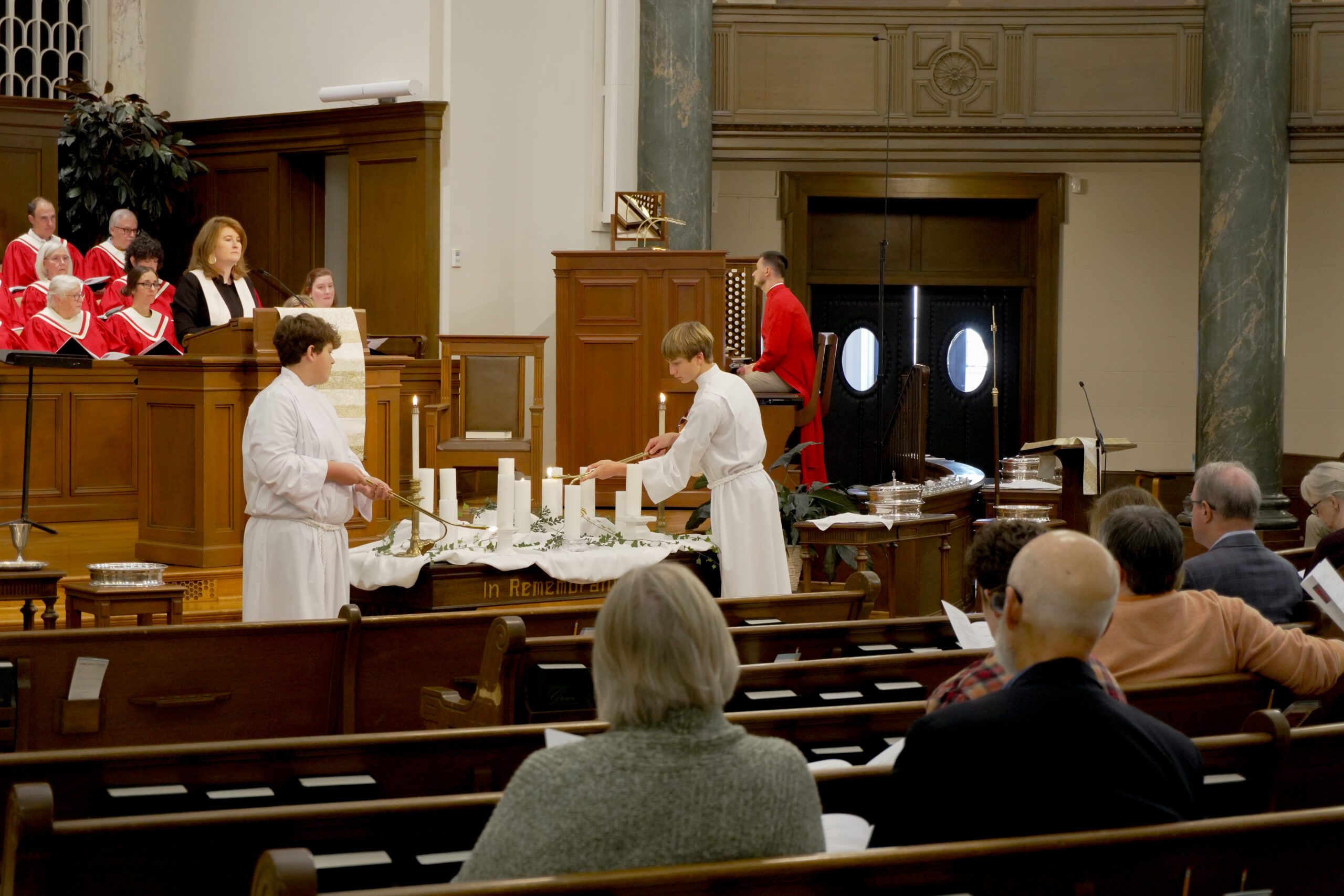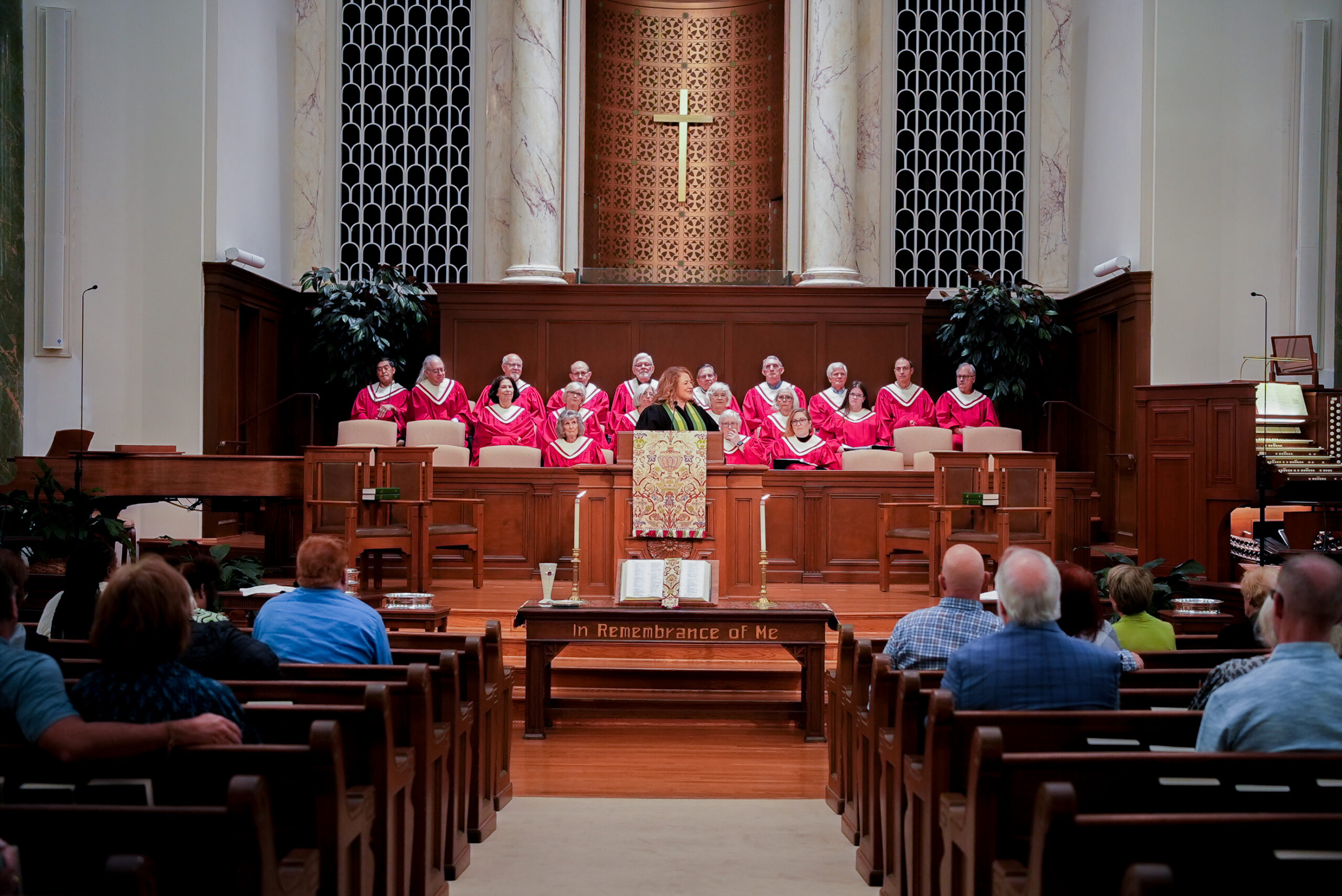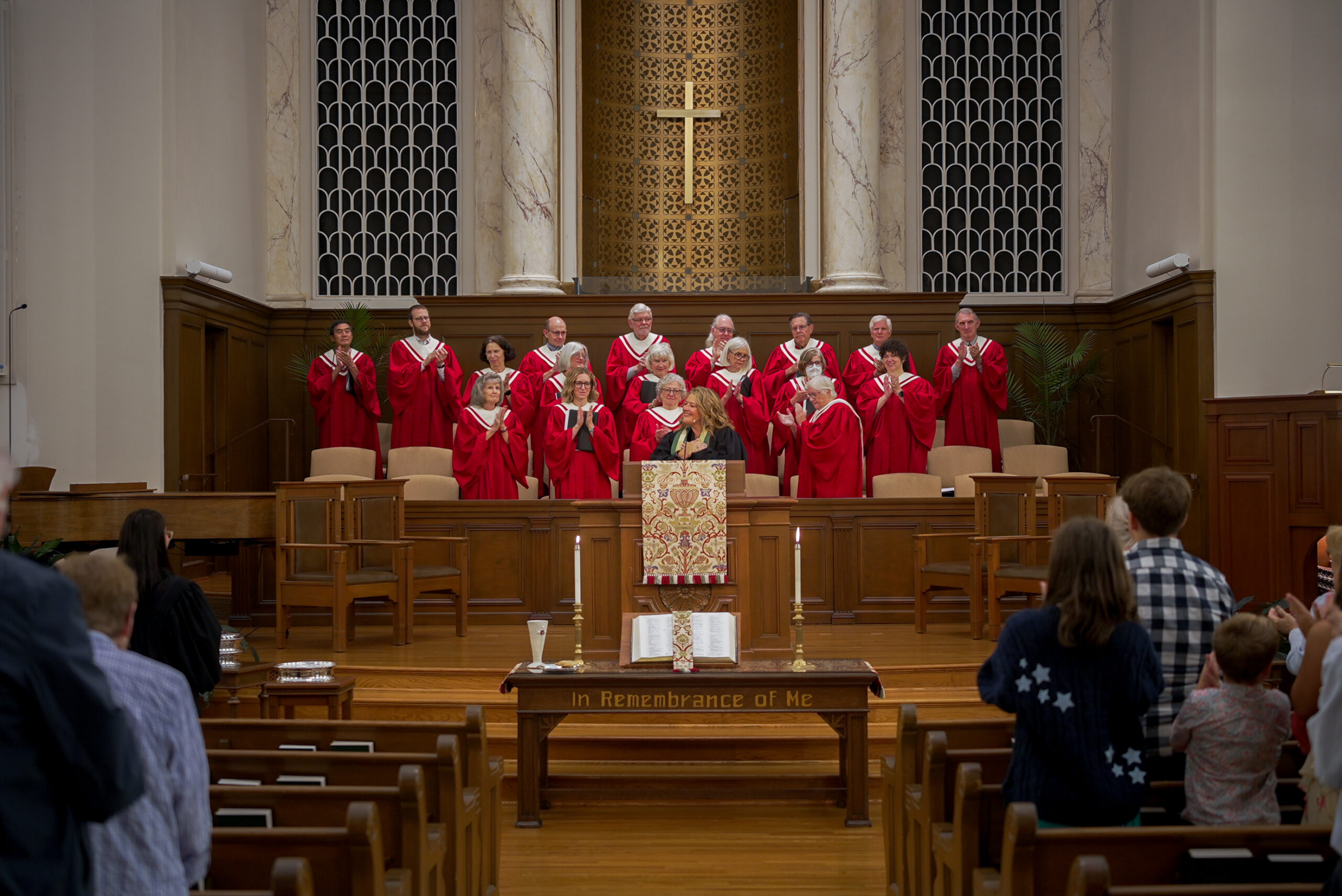IThere once was a man named Pahom. Pahom loved land, truly more than anything in the world. He loved the land so much that he convinced himself it was necessary for his own salvation. “If I had plenty of land,” Pahom said, “I shouldn’t fear the Devil himself.” With that stark a declaration, the Devil himself shows up, and begins to arrange for land-buying opportunities to place themselves in Pahom’s way, including a big one he couldn’t pass up.
The next day, Pahom meets the Bashkir family, delightful good country folk – the salt of the earth kind of people, you know – and discovered that the Bashkirs had an enormous plot of land. When they offered to sell a portion to Pahom, he was intrigued – but it was the terms of the deal that sold him. For merely 1,000 rubles, Pahom could keep as much land as he could circle on foot in a single day, sunrise to sunset. But only if he returned to the precise spot where he started could he win the land; if he didn’t make it back, he forfeits the purchase price and gets none of the land.
Pahom loved a challenge, and was certainly up to this one. He set out at sunrise, marking his turns with a spade… but wouldn’t you know it, every time he decided it was time to close the loop and return back to home base, he spotted some new meadow or babbling brook or hearty forest grove, and decided he simply had to have them. So caught up in expanding the loop again and again was Pahom, that when the shadows of the night began to lengthen, he panics. He’s too far from home base, and it’s nearly sunset. In a sheer frenzy, he sprints. It’s the longest and fastest he’s ever run, but he has to! It’s for the land, the love of his one wild and precious life!
Miracle of miracles, Pahom makes it back and reaches home base just as the sun slips below the Western horizon. The Bashkins began to cheer and congratulate Pahom on such a marvelous accomplishment, but Pahom couldn’t hear them, for he dropped dead of a heart attack.
“How much land does a man need?,” Leo Tolstoy titles the short story in a question he answers at the story’s end. He writes: “His servant picked up the spade and dug a grave long enough for Pahom to lie in, and buried him in it. Six feet from his head to his heels was all he needed.”1
II How much land does one need? Or, rephrased to insert the object of our love, how much money does one need? How much time does one need? How much youth, or status, or influence, or power does one need? And what, we might ask, is the relationship between the longing of our heart and what of it we already have? When we long for more land while having land, does that make us greedy? When we long for more money while having money, does that make us jealous of others who have more than us? When we long for more time, or youth, or status, or influence, or power, does that steep our hearts in envy, “self-poisoning [our] minds,” as Joseph Epstein says, with thoughts “less about what one lacks than about what other people have.”2 What would it take to be good stewards of what we have?
As we ponder these things, perhaps the parable of the laborers in the vineyard has something to offer us. Found only here in Matthew, today’s parable compares the kingdom of heaven to a landowner who went out at dawn in search of people to work in his vineyard. He found a crew, agreed on a fair wage of one denarius, or, best translated, “a usual day’s wage,” for the day, and set them to work. Those first hearers of Jesus would understand that usual day’s wage. It was adequate; neither flashy nor miserly. The usual day’s wage was what stabilized, if only for a day, the instability of these workers’ lives, who stood at streetcorners, and in marketplaces, and in Home Depot parking lots in the hope that someone would come along and hire them so they had enough to eke out that week’s grocery run. The usual day’s wage didn’t provide them benefits or retirement; it didn’t put them in ongoing relationship with one employer, nor did it secure anything about their lives beyond what they experienced that day.3
Yet again at 9am, and again at noon, and again at 3pm, and again at 5pm, this unusual landowner returns relentlessly to the marketplace, circling back until all those standing around in need of income have a place to work. Perhaps it was harvest season, and the vineyards were full of grapes; or perhaps it was the onset of the rainy season, and the grapes had to come off lest they be washed away. Perhaps the landowner knew that the last chosen were often the most marginalized.
When dusk arrives and the landowner’s manager pays everyone an equal amount – one denarius for those laboring all day and those who haven’t yet broken a sweat – it’s no surprise to hear the grumbling. “You paid the latecomers the same as us,” they whine, “they haven’t earned it! That’s not fair!” Our 2023 ears can’t help but to hear echoes of the familiar quote, “When you have only ever experienced privilege, equality feels like oppression.”4 But with a calm smile, the landowner replies with the very opposite of the usual daily grind, instead with unusual grace, “I have done nothing wrong to you. Didn’t we agree on the wage? Just because I chose to give the same to others doesn’t take away what I gave to you. Am I not allowed to do what I choose with what I have? Or are you envious because I am generous?” (This is what we’d call a mic drop right here.) III.
Dorothy Sayers wrote, “Envy is the great leveler: if it cannot level things up, it will level them down. . . At its best, Envy is a climber and a snob; at its worst it is a destroyer — rather than have anyone happier than itself, it will
see us all miserable together.”5 Frederick Buechner echoes that sentiment with his definition of envy: “Envy is the consuming desire to have everybody else be as unsuccessful as you are.”6
Whether that envy shows up like greed that leads us to run laps around the land to get more and more, never satiating our desire… or whether that envy presents as jealousy, nursing our secret wishes to have what another does… or whether it’s just plain envy, wishing for nothing but a leveler, a usual day’s wage equitably distributed, envy can so easily consume us, drowning us in side eyes over here and haughty sniffs over there, rendering us unable to see the gift of daily bread right before us. “Comparison is the thief of joy,” the old saying goes. Oh is it ever.
Envy isn’t just for the secular corners of this world, where a lot of us desire what a fraction of us possess. We who follow Jesus aren’t immune to this truth. For those of us who generally follow the directions, and adhere to the practices of our Christian faith, and do unto others as we’d have them do unto us, and show up for Sunday School and committee meetings and worship and delivering meals on wheels, all arriving with our Bibles AND our offering envelopes AND a smile, we even find ourselves resentful of the grace God so freely shares with all God’s children who didn’t follow those rules but are loved and welcomed anyways. We may even look at other churches with different styles or commitments, different values or convictions, and feel envious of their space, their budgets, their membership rolls. To our 151 year-old church, we might think of them as the workers who arrived at 3:00pm!
“Are you envious because I am generous?,” the landowner says. Are you envious because I paid the last the same as the first? Are you envious because I brought the robe and the ring, the fatted calf and the best party joyfully to that son of mine who was lost but now is found? Are you envious that I fling seeds lavishly and wastefully on the ground, knowing some can’t possibly take root? Are you envious that I ran after that one sheep who got away and left behind the 99 who were following directions? Are you envious that I proclaimed blessing to the poor, the meek, the lowly, the merciful, those who mourn and are hungry, those who wage peace and those trapped by war? Are you envious that my daily bread comes to y’all and not just you, even you who made sure to earn every crumb of it? Are you envious that the last will be first, and the first will be last? But love is not envious, or boastful, or arrogant, or rude, St. Paul tells us.
That’s just it, isn’t it? How do we counteract envy? Generosity with what we have. How do we press through greed? Stewardship with what we have. How do we hold fast to gratitude? By putting your hands on the things you already have, your head around the things you already know, your heart with the people you already love, and allowing the waves of God’s goodness and grace and mercy and love wash you to a new shore.
III For the next several weeks, we’ll shift our worship focus from tending in general to tending our church. With a cheeky title like “attending church,” you should know I’m not just talking about rears in pews! Let’s remember those root definitions of “tend” – to hold and to stretch. Attending church means holding: stewarding wisely and faithfully that which has been handed to us, surrounding each other even as God holds us, holding fast to the unique shape of our obedience. And attending church means stretching: pressing ourselves out of own individual comfort zone for the common good of our beloved community, reaching to live out with our hands and feet the very bold love and boundless compassion we profess with our lips, stretching towards God’s dream for who we are to be and what we are to do. Attending church means celebrating God’s unceasing generosity by modeling it ourselves, trading envy for gratitude at every turn.
You know, when I planned for this sermon months ago, I expected to only lift out very clear themes of stewardship from the text. Yet the more I sit with it, the longer I feel convinced that any stewardship of what we have – the familiar time, talent, and treasure we often talk about in the church; our energies and relationships, our commitments and our dreams; all within our care to manage – all comes from gratitude for the generosity we’ve been shown. Any moving through envy or jealousy for what those around us have comes from gratitude for the generosity we’ve been shown. Any release of greed and desire, of relentless adherence to the usual day’s wages we receive, comes from gratitude for the generosity we’ve been shown. And the source of that generosity? God. Everything, everywhere, even that which is “earned” through our efforting – when night begins to fall and the manager begins to dole out denarii, all of it is God’s utter generosity. Gift upon gift upon gift. The absolute farthest thing from usual. Tom Long calls this the most “challenging and offensive word of all: God is generous. God’s generosity spills over the levees we have built to contain it and surges mercifully over the landscape of human life.”7
IV Sisters and brothers, in the kingdom calculus, God’s generosity is as lavish as a day’s pay for an hour’s work, as persistent as a landowner who can’t stop hiring until everyone is employed, as unexpected as the last who became first, as unusual as grace upon grace. Again from Tom Long, who said it best, “suddenly, we see plainly the true poverty of the first-hour workers. Everybody in the parable is tendered with the wealth of the kingdom; the deep river of providence flows through everybody’s life. God gives everyone a daily wage so extravagant that no one could ever spend it all. A deluge of grace descends on all; torrents of joy and blessing fall everywhere. And there these first-hour workers stand, drenched in God’s mercy, an ocean of peace running down their faces, clutching their little contracts and whining that they deserve more rain.8
V I was in Louisville this week for the Baptist Women in Ministry’s 40th anniversary celebration. And when one is a Baptist in Louisville, one can’t help but to hear the resounding echoes of the late beloved pastor of Crescent Hill Baptist Church, John Claypool, in the air. Of all things, it was the memory of an old green Bendix washing machine that helped him through the valley of the shadow of death many years ago, a road he walked his young daughter Laura Lue was diagnosed with what proved to be terminal leukemia at age eight. Her suffering had been intense, and his grief upon the end of her life, shattering. “Are you envious because I’m generous?,” is not the question he pondered, but rather, “God, are you even generous at all?”
Those memories of that old Bendix washing machine were of the war years, you see, when gas was rationed and laundry was several miles away. So when one of his father’s coworkers was drafted and his wife went with him, John’s father suggested that they store their furniture in the Claypool basement for safekeeping. It was then that the departing wife suggested they use their washing machine while they’d be gone. “Use it,” she said, “better to be up and running than sitting and rusting.”
Well as the household laundry washer at the tender age of eleven, John nurtured quite a love for the Bendix washing machine and its presence in their home during those four years. Two days a week, he’d come home from school, gather up all the dirty laundry, and delighted in the soap bubble configurations, the rubber rollers, and the plunger that made it all happen. But when the young friends returned home and the Bendix left the Claypool basement one day without his knowledge, John was terribly upset when it left, staring with futile anger at the gaping hole it left in their basement. “It seems I had forgotten how the machine came to be in our home in the first place,” he said. When he confided these feelings of anger in his mama (“we’ve been robbed! Someone’s stolen our washing machine!”), she wisely turned to him and said: “now wait a minute, son. You must remember, that machine never belonged to us in the first place. That we ever got to use it at all was a gift. Remember, John, you treat gifts differently from the way you treat possessions. When something belongs to you and it is taken away, you have a right to be angry. But when something is a gift and it is taken from you, you use that occasion to give thanks that it was ever given at all.”
In his first sermon back in the pulpit after Laura Lue died, John told that story and said this: “Here, in a nutshell, is what it means to understand something as a gift and to handle it with gratitude, a perspective biblical religion puts around all of life. And I am here to testify that this is the only way down from the Mountain of Loss. I do not mean to say that such a perspective makes things easy, for it does not. But at least it makes things bearable when I remember that Laura Lue was a gift, pure and simple, something I neither earned nor deserved nor had a right to. And when I remember that the appropriate response to a gift, even when it is taken away, is gratitude, then I am better able to try and thank God that I was ever given her in the first place.”9
VI That is the good news in a nutshell. This is the heart of the gospel for me. Right at the very heart. God’s generosity knows no bounds. Our gratitude is the truest response. How? Stewarding what we receive. Giving what we have. Returning generosity for generosity.
Are you envious because I’m generous?, God asks.
What if our response was instead this: I’m generous because you’re generous. For in the beginning was love. And in the end?In the end, it is all gift. Amen!





